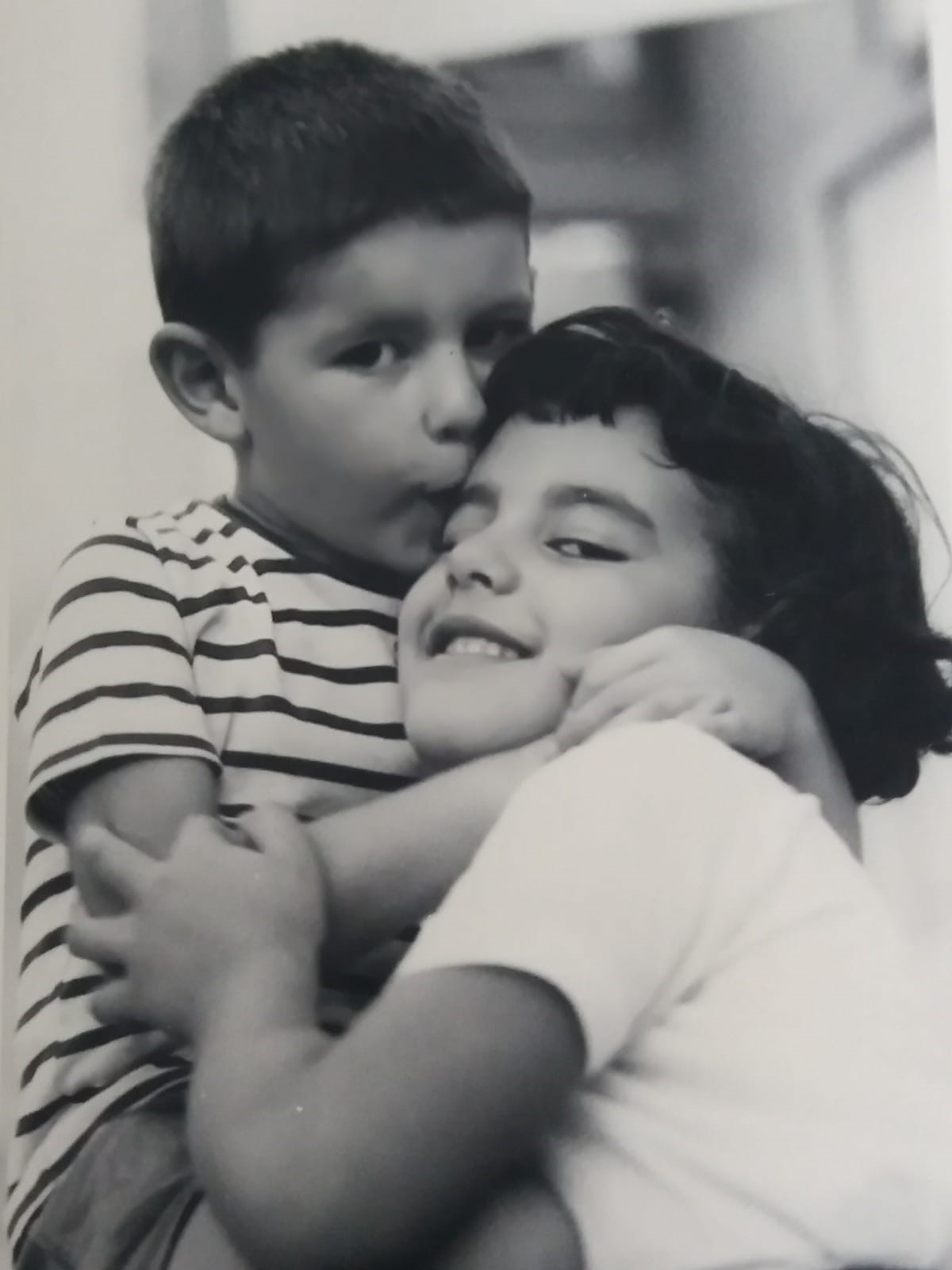L’Indice di Apgar racconta da un punto di vista intimo e personale la ricerca da parte di Valentina, la regista, del rapporto interrotto con il fratello Andrea, a partire dal passato, ripercorrendo tre generazioni attraverso il cinema di famiglia del nonno, il regista sardo Fiorenzo Serra.
L’ipotesi narrativa prevista per il documentario rimanda direttamente alla biografia dell’autrice. Partendo dagli oltre 40 film in 8mm del nonno, documentarista che ha ripreso i suoi figli per vent’anni (uno dei due è la madre di Valentina), la regista intende dare vita a una ricerca estremamente intima in cui si riflette sul passato e sui legami familiari.
Un percorso lungo vent’anni di film in 8mm, oltre quaranta di corrispondenza tra Fiorenzo e sua moglie, attraverso le poesie scritte negli anni della giovinezza e della guerra, le immagini delle case di famiglia riprese ieri e oggi, i figli Simonetta e Antonio negli anni sessanta e settanta e oltre cento anni di fotografie fino ad arrivare al presente: alla generazione di Valentina e Andrea.
La regista osserva come un sistema familiare evolva sul piano biologico, come cambino le modalità di relazione all’interno del microcosmo familiare sulla base dei dettami sociali di un contesto territoriale specifico, quello dell’entroterra sardo, dove spesso la devianza può essere bandita o celata nell’ombra.
Due generazioni si sveleranno in particolar modo segnate dalla presenza dalla malattia mentale, due rapporti fraterni, quello tra Simonetta e Antonio, osservati dalla cinepresa del padre Fiorenzo, protagonisti da bambini e adolescenti dei film familiari; e quello tra Valentina e Andrea. Entrambe le donne, madre e figlia, si scopriranno sorelle maggiori di uomini fragili psichicamente e detentrici di un non detto che si tramanda di generazione in generazione.
L’opera di Serra è stata ufficialmente dichiarata di interesse storico particolarmente importante dal MIC, che considera altresì Serra “il più grande documentarista e regista etnografico della Sardegna”. Questo lavoro rappresenta il tentativo di Valentina, l’autrice, di ripercorrere la storia e i miti, i segreti e la valigia artistica e intima lasciata in eredità dal nonno, per intraprendere un viaggio e all’interno della struttura familiare e al contempo recuperare il rapporto con il fratello Andrea. Di fronte al contemporaneo disfacimento della struttura familiare, il documentario vuole costruire una sorta di disincantato affresco del passato che, da una rappresentazione edonica della Sardegna degli anni ’60, ci porta a un autentico racconto dei sentimenti e dei non detti più profondi dell’oggi. Nell’osservazione del rapporto d’infanzia tra sua madre e suo zio, la regista cercherà di ripercorrere la sua relazione – oggi totalmente assente – con il fratello. La presenza stessa della fragilità psichica, elemento destabilizzante per l’equilibrio interno di ogni sistema familiare, nel film ricopre paradossalmente un ruolo portatore di memoria: il passato come chiave per comprendere il presente.
